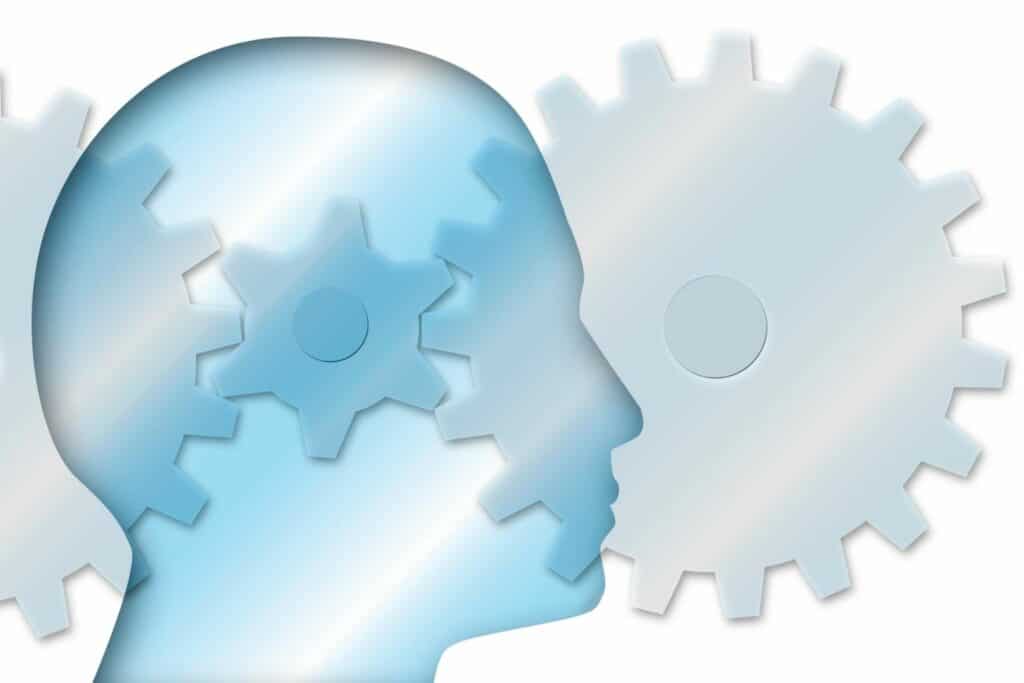For those living with Attention-Deficit/Hyperactivity Disorder (ADHD), day-to-day life can present its own set of distinctive challenges. Across various age groups, individuals grappling with ADHD symptoms often search for therapeutic solutions to enhance their quality of life. Among the various therapeutic interventions, Cognitive Behavioral Therapy (CBT) shines as a beacon of hope. In this comprehensive guide, we aim to provide a deeper insight into CBT for ADHD, highlighting its significance, applications, and potential benefits for both adults and teenagers.
What is CBT for ADHD?
Cognitive Behavioral Therapy (CBT) is renowned for its structured framework, grounded in evidence-based practices. Central to CBT is the modification of detrimental thought patterns and behaviors that impede an individual’s overall well-being. In the context of ADHD, CBT’s potency lies in its capacity to address hallmark challenges such as impulsiveness, attention disparities, and emotional dysregulation. Essentially, the therapy equips individuals to introspectively discern their instinctual thoughts, facilitating the replacement of these with more rational and constructive alternatives.
The Mechanism of CBT in ADHD Management
To decipher the effectiveness of CBT, it’s imperative to first understand its operational mechanism, especially in the context of ADHD. Unlike many other therapeutic methods which might focus on external factors, CBT is introspective. It targets the ingrained negative thought patterns and maladaptive behaviors characteristic of ADHD. CBT’s primary aim is to enable individuals to identify these patterns, challenge them, and replace them with healthier cognitive processes and actions.
For ADHD patients, who often struggle with impulsiveness, lack of focus, and emotional dysregulation, CBT can offer strategies to gain better control over these disruptions. For instance, an individual who consistently forgets tasks might be taught organizational strategies, while another battling impulsive decisions could benefit from learned pause-and-reflect techniques.
Utilizing CBT for Managing ADHD in Adults
Navigating adulthood with ADHD can manifest challenges like diminished concentration, task disorganization, and ineffective time management. The bespoke nature of CBT for adults with ADHD is designed to bolster executive functions, heighten self-awareness, and cultivate adaptive coping mechanisms. As adults delve into these personalized interventions, they gain a clearer understanding of the stimuli inducing distractibility and impulsive actions. Consequently, they garner techniques to adeptly maneuver through the myriad of daily life symptoms.
Addressing Teen ADHD with CBT
The tumultuous teenage years, replete with academic, social, and emotional transitions, can be particularly trying for adolescents with ADHD. CBT offers this demographic a supportive environment, conducive to introspection and skill acquisition for symptom management. By focusing on pivotal areas such as time-management, structural organization, and emotional balance, CBT equips teenagers with the tools to make judicious decisions, positioning them for success in diverse arenas.
A Deep Dive into CBT Therapy for ADHD
The journey of CBT therapy for ADHD is a synergistic one, encompassing both the therapist and the individual. Therapeutic sessions provide a platform for individuals to detect cyclic patterns of adverse thinking. Here, they are encouraged to contest their baseless beliefs and foster adaptive behavior patterns. Integral to this therapeutic journey is the enhancement of problem-solving acumen, self-worth reinforcement, and the inculcation of mindfulness practices, all aimed at sharpening attentional control.
Techniques Tailored for CBT for ADHD
Managing ADHD can often require a multi-faceted approach, integrating various techniques to address the diverse challenges the condition presents. CBT, with its evidence-based strategies, offers a myriad of methods tailored specifically for ADHD. Let’s dive into some of these pivotal techniques:
- Goal Setting and Task Structuring: Individuals with ADHD often find it challenging to initiate or complete tasks. By breaking tasks into smaller, achievable steps and setting tangible goals, individuals can gradually accomplish larger tasks without feeling overwhelmed.
- Self-Monitoring: Given the impulsive nature associated with ADHD, self-monitoring techniques teach individuals to pause, reflect, and evaluate their thoughts and actions. This can help in recognizing patterns and intervening before acting on impulsive decisions.
- Visual Aids and Reminders: Visual prompts, like charts, post-it notes, or specialized apps, can aid those with ADHD in organizing their day and tasks. These aids act as external reminders, helping individuals stay on track.
- Problem-Solving Strategies: Instead of reacting impulsively to challenges, individuals are taught structured problem-solving methods. This might involve identifying the problem, listing potential solutions, weighing the pros and cons of each, and then implementing the best solution.
- Role-Playing: This technique is especially beneficial for younger individuals or teens. By role-playing different scenarios, they can anticipate challenges and rehearse appropriate responses.
- Distraction Techniques: To manage impulsivity or hyperactivity, distraction techniques such as counting backward, tactile activities like squeezing a stress ball, or even brief physical activities can help channel the energy productively.
- Relaxation Techniques: Given that anxiety can co-exist with ADHD, teaching relaxation techniques like progressive muscle relaxation, guided imagery, or even simple deep breathing exercises can be incredibly beneficial.
- Positive Reinforcement: Encouraging positive behavior and achievements by rewarding oneself can create a motivating environment. This might involve setting up a reward system for task completion or maintaining focus for extended periods.
- Cognitive Re-framing: Teaching individuals to challenge and re-frame negative or distorted beliefs about themselves can significantly improve self-esteem and reduce feelings of inadequacy often associated with ADHD.
- Educational Interventions: Empowering individuals with knowledge about ADHD can help them understand their behaviors better and develop self-compassion. It can also equip them with strategies to advocate for themselves in various settings.
Integrating these CBT techniques provides a holistic approach to managing ADHD. By understanding and applying these strategies, individuals can navigate their daily challenges more effectively, fostering a sense of autonomy and confidence in managing their symptoms.
Evaluating CBT’s Effectiveness for ADHD
Numerous studies have delved into the effectiveness of CBT for ADHD, especially when it comes to adults, for whom fewer treatments are currently approved compared to children. A notable advantage of CBT is its adaptability: sessions can be tailored to address specific challenges presented by ADHD, making the intervention more targeted.
Research has consistently shown that adults with ADHD who undergo CBT sessions report significant reductions in symptoms, especially when it comes to organizational challenges, time management, and emotional regulation. Additionally, improvements in self-esteem and overall life satisfaction have been noted.
In adolescents, where ADHD often intersects with typical teenage challenges like peer pressure and academic demands, CBT has been instrumental in providing coping mechanisms. Skills such as planning, task initiation, and emotional self-regulation become invaluable, and CBT equips teens with these tools.
CBT for ADHD in Chattanooga, TN
Residents exploring CBT for ADHD in Chattanooga, TN, Iris Wellness Group is here to help and support you. We offer programs meticulously tailored for ADHD-afflicted individuals. Our seasoned therapists collaboratively sculpt individualized treatment blueprints, emphasizing executive function enrichment, self-worth augmentation, and emotional challenge management. With our strategic Chattanooga location, the center is unwavering in its commitment to comprehensive CBT methodologies, championing the cause of ADHD individuals.
Cognitive Behavioral Therapy (CBT) stands as a testament to therapeutic advancement, offering tangible solutions for ADHD symptom management. Whether catering to adults or adolescents, the therapy provides indispensable tools, addressing attentional lapses, impulsive tendencies, and emotional flux. Grounded in its evidence-based practices and personalized interventions, CBT offers solace and hope to those grappling with ADHD intricacies. For Chattanooga residents, the Iris Wellness Group is poised to guide you towards a life enriched with purpose, clarity, and empowerment.










